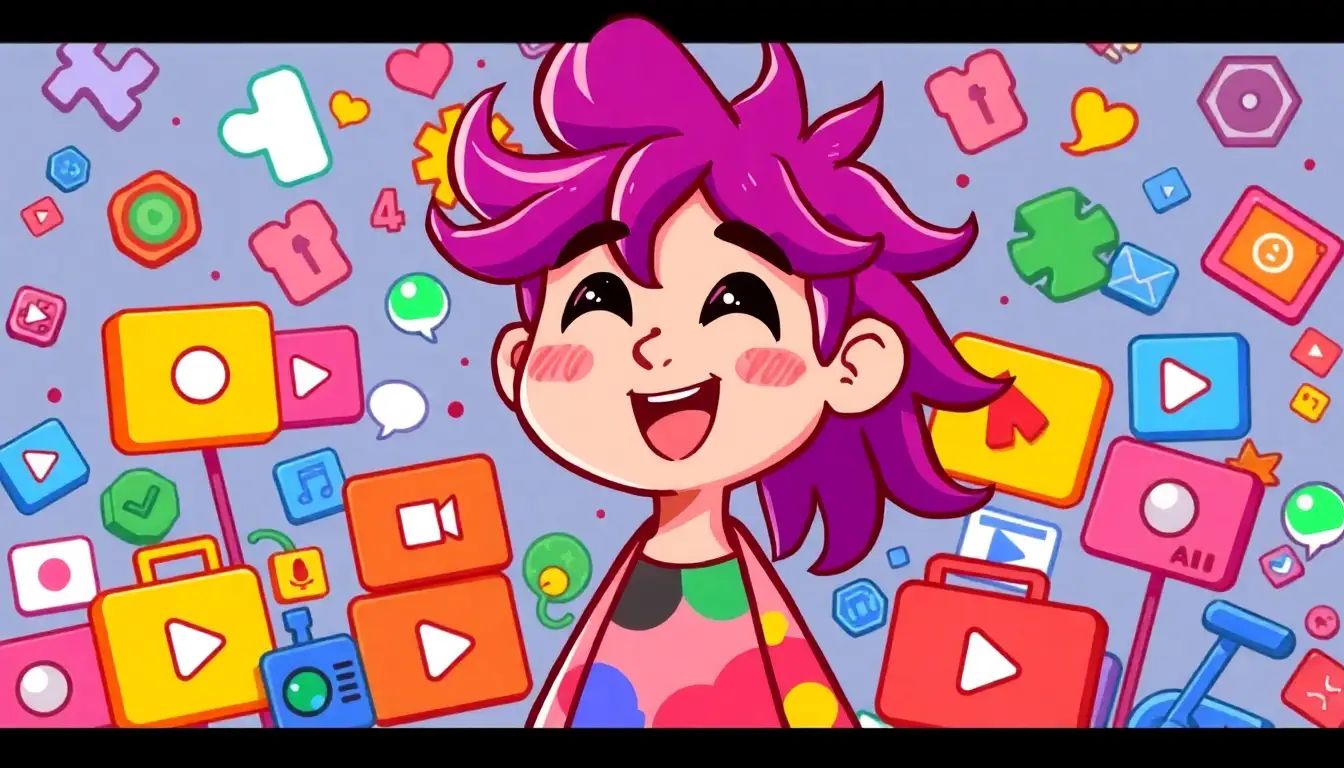
Now loading...
OpenAI introduced its new short-form video application, Sora, earlier this week, attracting rapid attention from users who are quickly populating the platform with AI-generated content featuring well-known brands and characters. However, legal experts warn that the startup may soon encounter a wave of copyright litigation as a result of this creative freedom.
According to Mark Lemley, a professor at Stanford Law School, the nature of Sora’s content, which allows users to create videos featuring beloved cartoon characters and various icons, poses significant risks of copyright infringement. “OpenAI is exposing itself to numerous copyright lawsuits by facilitating this type of user-generated content,” he cautioned.
The Sora app, currently available exclusively on iOS and accessible via invitation only, permits users to generate short videos by simply entering prompts. Since its launch on Tuesday, Sora has quickly ascended to the top of the Apple App Store.
Accessing Sora, CNBC journalists were able to view a variety of videos, including those that featured characters from popular series like “SpongeBob SquarePants,” “Rick and Morty,” and “South Park,” as well as movies like “Despicable Me.” One video amusingly showed OpenAI’s CEO, Sam Altman, surrounded by Pokémon characters, humorously stating, “I hope Nintendo doesn’t sue us,” while another depicted Ronald McDonald making a hasty getaway from police in a burger-shaped vehicle.
OpenAI’s foray into this space has sparked interest from users, prompting them to generate familiar characters and logos, including those from well-known brands. When approached for comment, McDonald’s declined to provide a statement, and responses from the other companies involved were largely absent.
OpenAI’s head of media partnerships, Varun Shetty, expressed a commitment to working alongside rights holders to prevent misuse of their IPs, stating that they will adhere to takedown requests whenever necessary. As legal battles mount, various media companies have begun contesting the use of their intellectual property in user-generated content produced by AI platforms.
For instance, Disney and Universal have taken legal action against the AI image creator Midjourney for allegedly using their characters illegally, and Disney also issued a cease-and-desist to Character.AI for unauthorized usage of its characters.
This brewing controversy underscores that characters are protected under copyright law, which prohibits unauthorized use. As Sora gains traction, it stands to become a focal point for potential infringement issues. Lemley emphasized the stakes involved for companies like Disney, noting that they likely would not appreciate portrayals of their characters in contexts that diverge from their intended representations.
OpenAI has implemented measures to address these potential legal hurdles, including a “Copyright Disputes” form that allows IP owners to report specific incidents of unauthorized use. Users also have firsthand capability to flag videos for copyright violations directly through the app.
In a complex twist, reports indicate that OpenAI may have offered talent agencies and studios the chance to opt-out of having their content and characters included in Sora before its launch, a move characterized as unusual within the realm of copyright law. Experts argue that, typically, permission must be secured explicitly for using copyrighted works.
Safety is also a priority for OpenAI, as they explore measures to protect individuals’ likenesses on Sora. Users can create a ‘cameo’ version of themselves that can be incorporated into videos, with controls to limit access to their likeness. OpenAI plans to roll out similar individualized controls for rights holders in the future, aiming to find a balance that appeals to content creators while respecting intellectual property rights.
